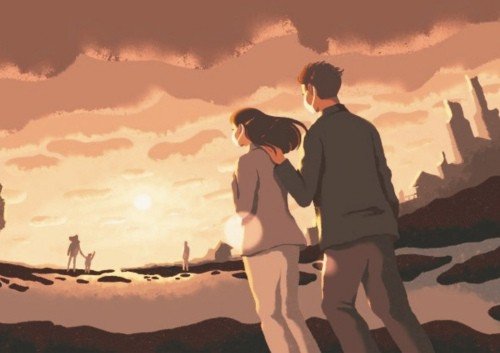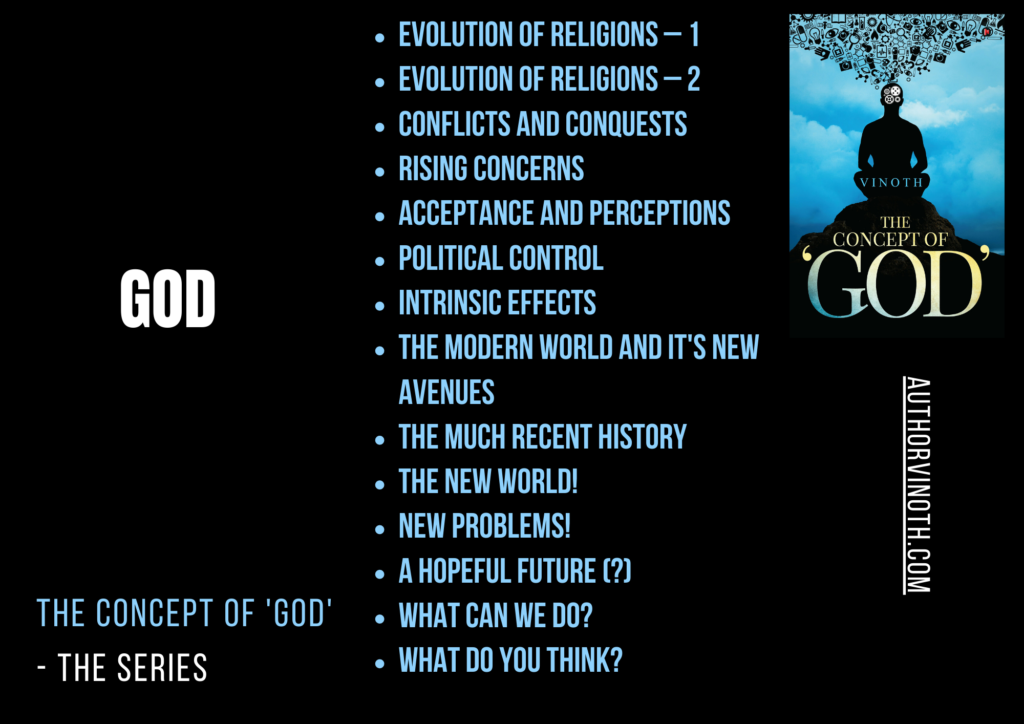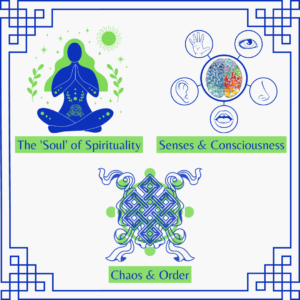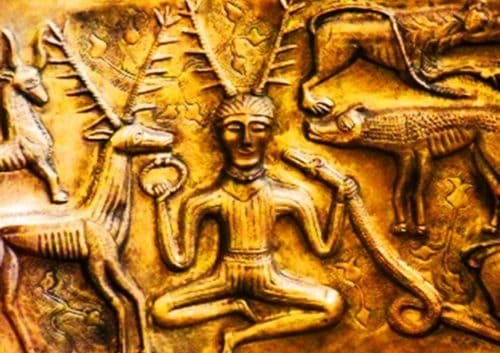When colonialism began, and contacts grew between civilisations more than ever before, Gods and religions had attained a stable place in the minds of the weak.

Some of the strong and intelligent progressed forward in the name of science. They had one goal, to explain the reality in a better sense than the religions ever did before. Philosophical discussions grew on the side with scientific thoughts. Expeditions to continents and trade between kingdoms led to the birth of the capitalist economic system.

Industrial revolution followed suit and societies started to segregate people based on their economic status. Political systems underwent change too from monarchies to democracies during this period. Until then, the economically weak population were assured a livelihood through collective living in the societies. But in the capitalist system, the economically weak were to suffer the worst of fates.

Mechanisation of the workplace, alienation, rich getting richer and poor getting poorer; are all phrases we are familiar with when we talk about capitalism. What we usually foresee is the fact that religions, for the first time in the history of human collective living, took a back seat in society. They influenced governments but not that much as before. When laws were codified, and conduct of people was regulated by the political systems, the religions lost their individual level control over people. That is, morality was systemised in the name of legality!

In the war between reason and religions, industrial revolution gave a push to reason by aiding the development of technology and sciences. Science started giving better explanations about the reality and life’s working than the religions ever did so in history. These explanations weren’t accepted right away, and at first people naturally defended their religious beliefs and their knowledge. But in time, reality got much clearer, and the people’s minds began to expand so much so that they questioned the very existence of Gods as promised by religions. And so, it is this period that changed the people’s perspective about God, and it did so in a way humans never saw before.

Individualism grew to new heights, and people were moving away from each other, both psychologically and economically. Prior to industrialisation societies were largely dependent on the primary sector, agriculture, for their functioning (many societies are still in this stage). But the industrial sector growth altered all the spheres of people’s lives in the name of profit.

There came a change in people’s perspective about growth and development. So far, growth was the change in the mental capacity of the people and development, how much a person contributed to the growth of others. After capitalism came into the picture, these terms became individualistic. Money-mindedness, as it is commonly known now, took a firmer shape then.

In capitalist societies where the economically weak population was growing every day, religions’ emphasis on Gods grew weak, and the notion of God started becoming more intrusive and more intimate. Wherever individualism grew, humanism got weak. People then looked at God for hope and this they did so more at the individual level than at collective levels.

So far, a conscious entity and mostly the philosophers who explained energy’s working were thought of as Gods, but after individualism grew too much, people wanted their Gods to provide them hope and love to survive in the increasingly selfish world. Religious scriptures were searched for any mention of God’s love on people, and the words about love soothed their pains, at least temporarily.
People realised that their Gods and philosophers propounded love along with other virtues (although there were times in the past when philosophers emphasised love as God, but people ridiculed them then). This changed their view of religious scriptures. Over time, all teachings of religions were associated with love, and a new meaning for God was derived where he/she gained and showed more love for people than ever before.
Finally, love became the God itself. This form of God took a concrete shape majorly in the twentieth century.

-
Chapters 5, 6, & 7Product on sale₹299
-
Chapters 2, 3, & 4Product on sale₹199
-
Chapter 7. GodProduct on sale₹125
-
Chapter 6. EnergyProduct on sale₹120
-
Chapter 5. TimeProduct on sale₹90
-
Chapter 4. Chaos & OrderProduct on sale₹100
-
Chapter 3. Senses & ConsciousnessProduct on sale₹90
-
Chapter 2. The ‘Soul’ of SpiritualityProduct on sale₹90









